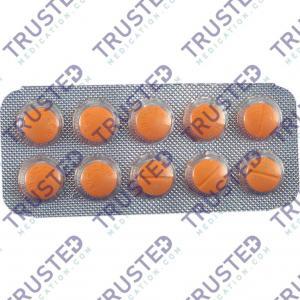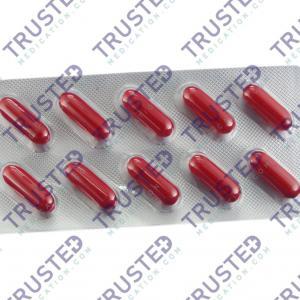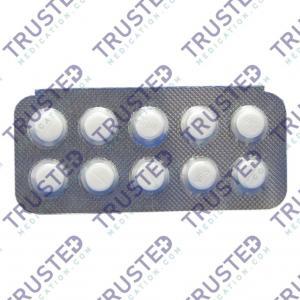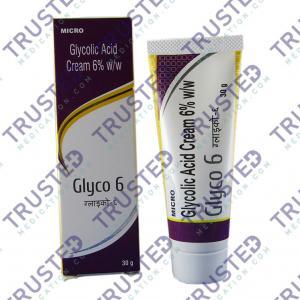
Warts are common skin growths caused by the human papillomavirus (HPV). Warts can appear on any area of the body. However, they are most commonly found on the hands, feet, and genitals. While typically harmless, warts can be unsightly and cause discomfort, prompting individuals to seek treatment.
There are more than 150 types of HPV viruses, and some types of warts are spread through sexual contact.
What are the different types of warts?
There are several types of warts, including:
1. Common warts: Common warts commonly occur on the hands. These warts usually appear on the hands and fingers. However, they can also appear on other parts of the body. They typically feel like rough bumps and may contain black spots that resemble seeds. The black spots are buried, dead capillaries. They vary in size from a pinhead to a pea.
2. Plantar warts: These warts appear on the soles of the feet. They are often flat and may have black dots in the center. They can get fairly large and create discomfort when standing or walking.
3. Genital warts: These warts appear on the genitals and are spread through sexual contact. They may be flat or raised and can appear in clusters.
4. Flat warts: Flat warts or juvenile warts, usually grow on the thigh, face, or arms. These warts are small, smooth, and flat and can appear on the face, arms, or legs.
5. Filiform warts: These warts are long and thin and appear on the face, neck, or hands. They are contagious and can spread to other areas of the body.
Filiform warts are small and resemble a tiny flap or tag of skin. They can extend from your skin in tiny, finger-like strands.
What causes warts?
Warts are caused by the human papillomavirus (HPV). The virus gets into the body through wounds or abrasions in the skin. The outer layer of your skin thickens and hardens, resulting in a wart.
All warts are caused by HPV. However, not all HPV types create warts. The kind of HPV that can lead to cancer (such as cervical cancer) does not generate warts.
Warts are more likely to infect damp, delicate, or damaged skin.
What are the symptoms of warts?
The symptoms of warts vary depending on the type. Symptoms of warts may include:
- Raised, rough, or smooth growths on the skin
- Discomfort or pain, particularly with plantar warts
- Dark spots or tiny blood vessels within the wart
- Itching or irritation
Are Warts Harmful?
Most warts are harmless and will go away on their own within two years. However, they can be embarrassing or bothersome, especially if they appear on visible parts of the body like the hands or face. In some cases, warts may cause discomfort or pain, particularly if they develop in weight-bearing areas like the feet.
Some warts, especially genital warts, can increase the risk of certain types of cancer. It is essential to see a doctor if you have genital warts or if you are concerned about the risk of cancer.
How warts are treated?
There are several treatment options for warts, including:
1. Over-the-counter treatments: There are many over-the-counter treatments available for warts, including salicylic acid.
2. Prescription medications: Your doctor may prescribe stronger medications if OTC treatments are not effective.
3. Surgical removal: In some cases, your doctor may recommend surgical removal of the wart.
4. Laser treatment: Laser treatment can be used to remove warts that are difficult to treat with other methods.
5. Immunotherapy: Immunotherapy helps your immune system fight off the virus that causes warts. Diphencyprone (DCP) is one sort of topical drug that can be used in this treatment.
When to See a Doctor
You should see a doctor if:
1. The wart is painful or causing discomfort.
2. The wart is spreading or multiplying.
3. The wart is located in a sensitive area, such as the genitals.
4. You are concerned about the risk of cancer.
5. Over-the-counter treatments have not been effective.
Understanding what causes warts, their symptoms, and how to treat them helps people manage these common skin growths. While many warts go away on their own, getting medical help for stubborn or bothersome ones ensures proper treatment and avoids complications. With the right care, individuals can minimize warts’ impact on their skin and well-being.








